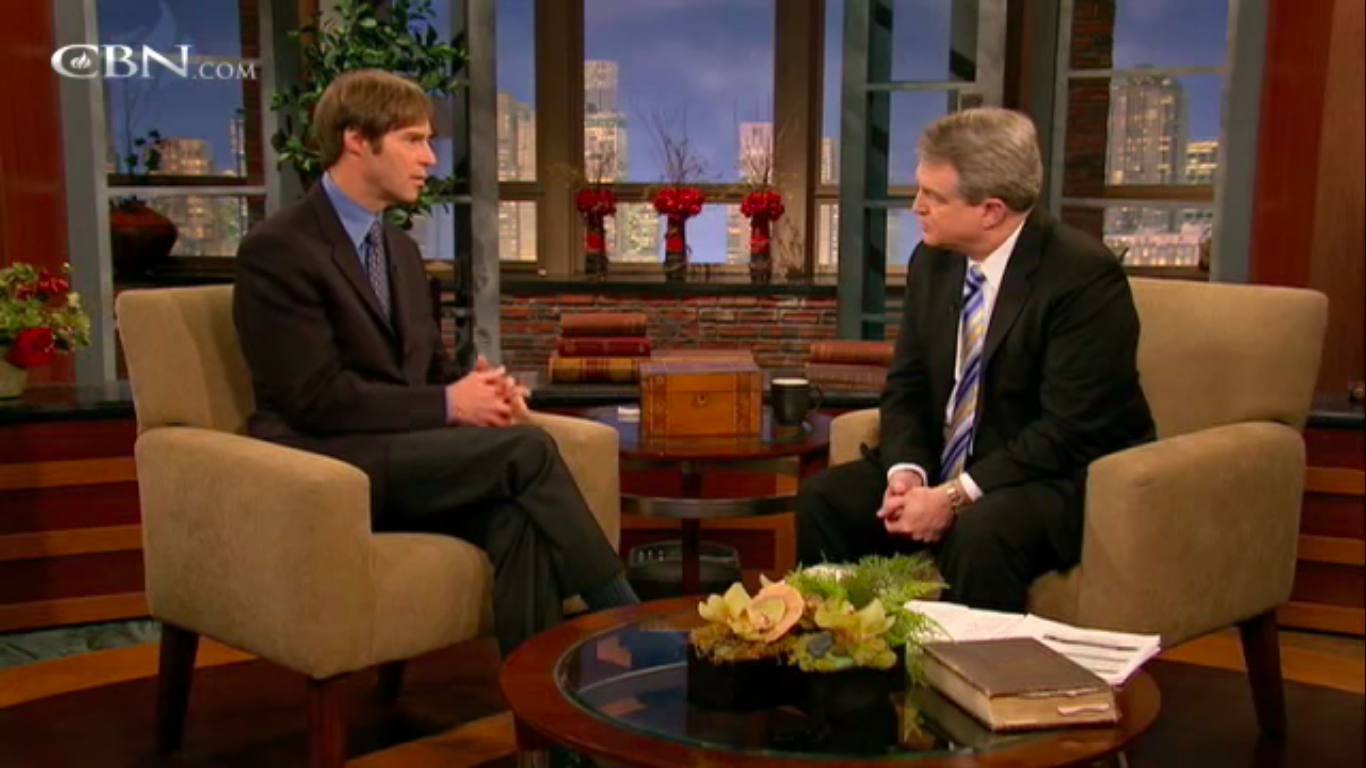
Dr. Stephen Meyer discusses Signature in the Cell on CBN
In this engaging 2010 interview, Dr. Meyer outlines the scientific discoveries that point to a designing intelligence in the origin and development of life and the universe.

In this engaging 2010 interview, Dr. Meyer outlines the scientific discoveries that point to a designing intelligence in the origin and development of life and the universe.
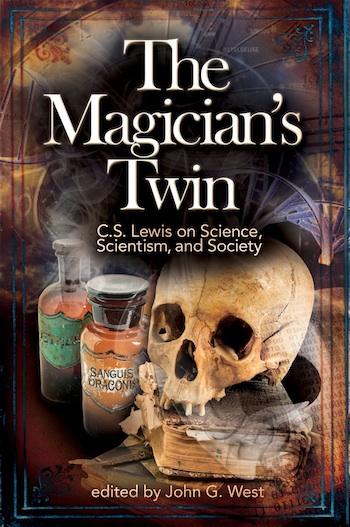
Beloved for his Narnian tales for children and his books of Christian apologetics for adults, best-selling author C.S. Lewis also was a prophetic critic of the growing power of scientism in modern society, the misguided effort to apply science to areas outside its proper bounds. In this wide-ranging book of essays edited by John G. West, contemporary writers probe Lewis’s Read More ›
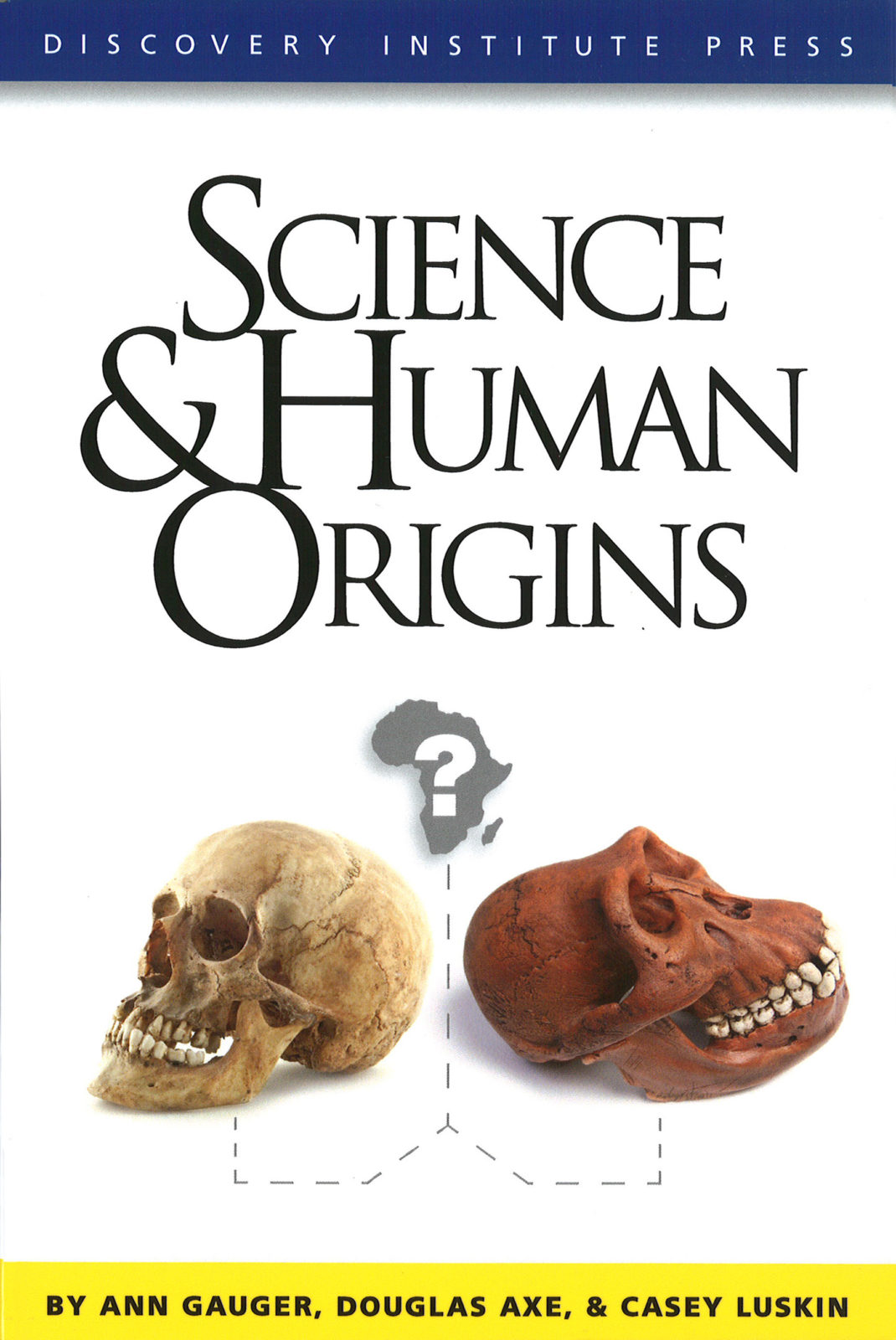
Science & Human Origins, the provocative new book from Discovery Institute Press, boldly addresses some of the most popular evolutionary arguments pertaining to controversial claims that humans and apes are related through common ancestry. In Science & Human Origins three scientists challenge the claim that undirected natural selection is capable of building a human being. The authors critically assess fossil and genetic Read More ›

Part I: Francis Collins’ Junk DNA Arguments Pushed Into Increasingly Small Gaps in Scientific Knowledge Recently I wrote an article explaining that both atheistic and theistic evolutionists have relied heavily on “junk DNA” — specifically pseudogenes — to argue against intelligent design (ID). In his 2006 book The Language of God, leading theistic evolutionist Francis Collins made such an argument, Read More ›
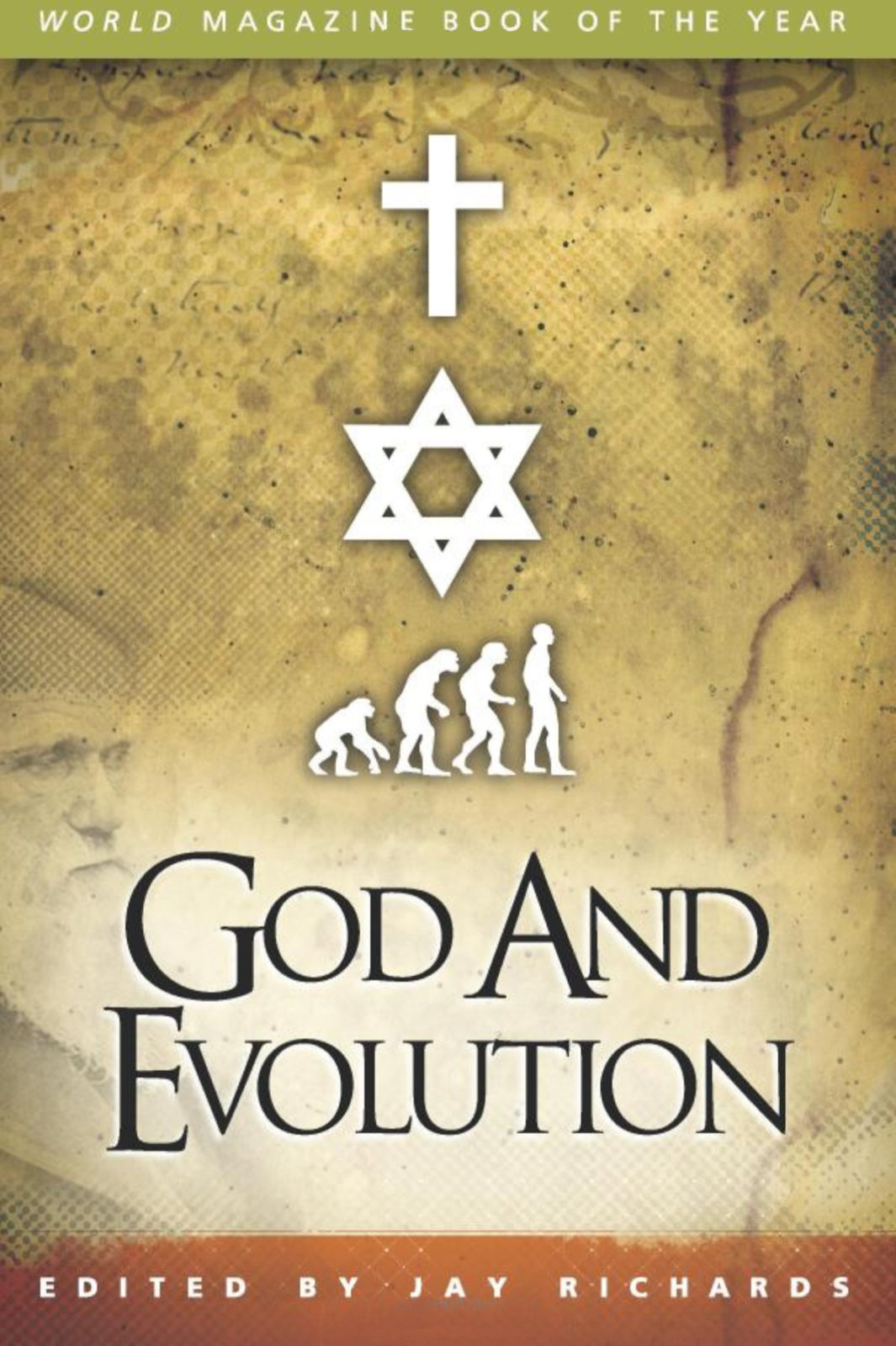
Can you believe in God and Darwin at the same time? What is “theistic” evolution, and how consistent is it with traditional theism? What challenges does Darwin’s theory pose for Protestants, Catholics, and Jews? Is it “anti-science” to question Darwinian Theory? Explore these questions and more in the book God and Evolution edited by Jay Richards. God and Evolution is Read More ›
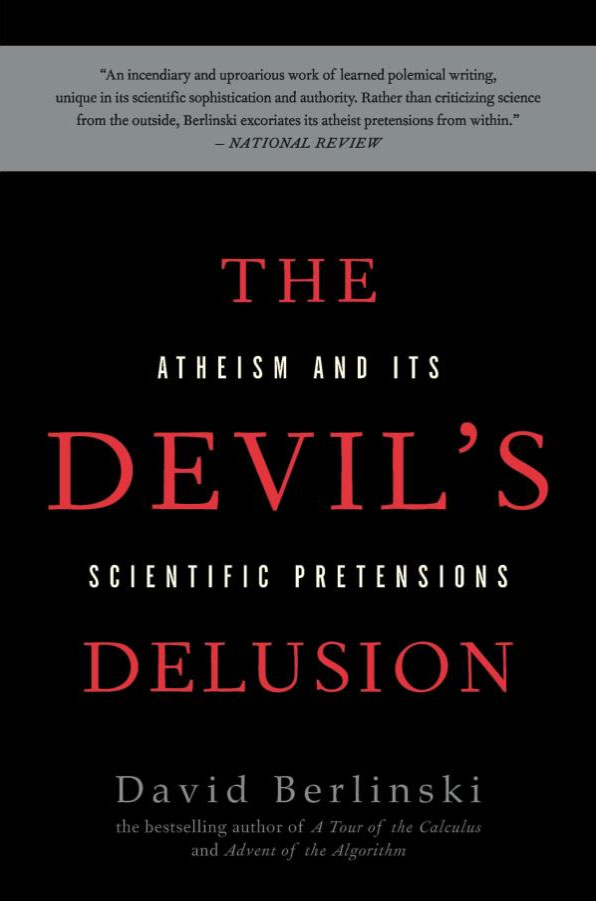
Militant atheism is on the rise. Richard Dawkins, Sam Harris, Daniel Dennett, and Christopher Hitchens have dominated bestseller lists with books denigrating religious belief as dangerous foolishness. And these authors are merely the leading edge of a far larger movement–one that now includes much of the scientific community. “The attack on traditional religious thought,” writes David Berlinski in The Devil’s Delusion, “marks Read More ›

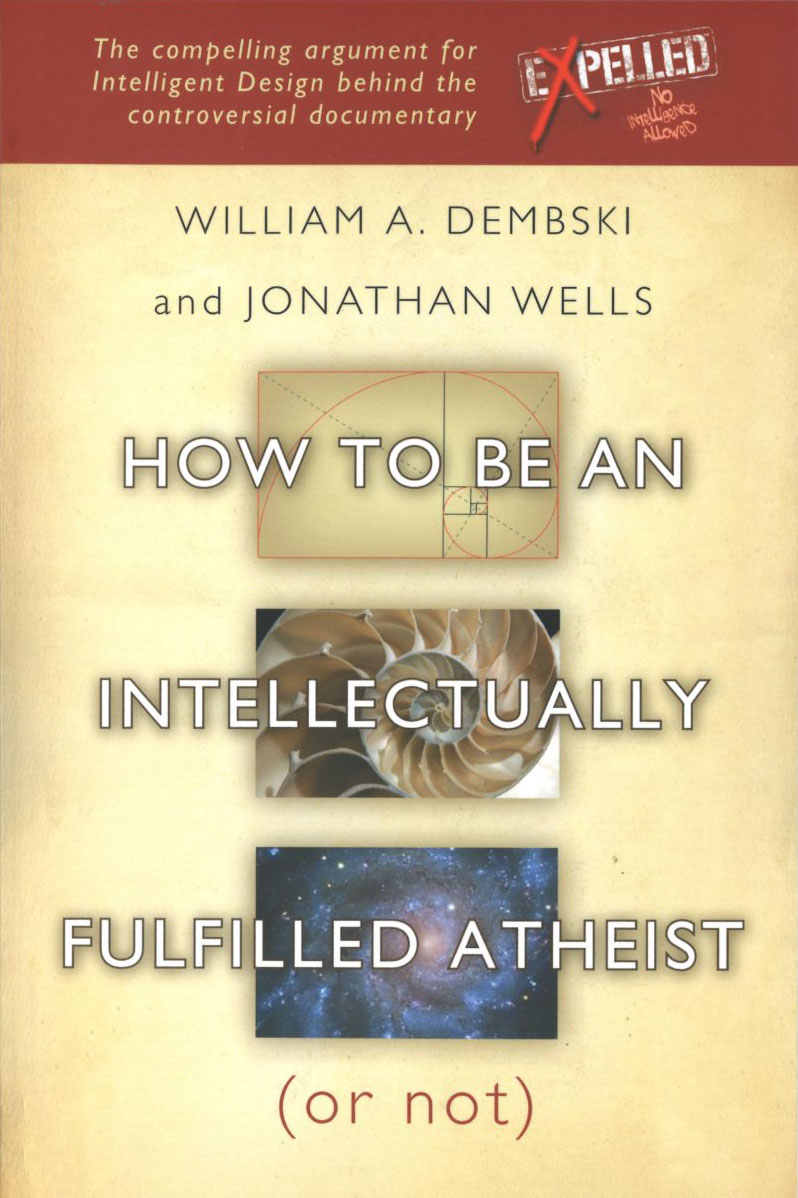
Although atheism might have been logically tenable before Darwin,” writes Richard Dawkins, “Darwin made it possible to be an intellectually fulfilled atheist.” This little book shows more persuasively than ever before that Dawkins is wrong and that the origin of life continues to pose insurmountable difficulties to unguided material processes. The authors discuss why traditional origin-of-life research has failed and Read More ›
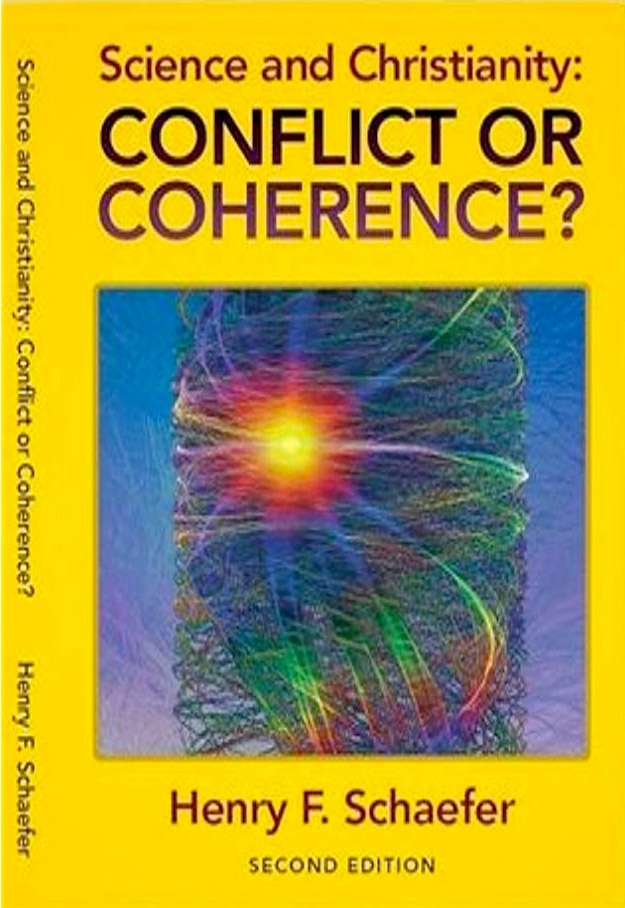
Discovery Institute Fellow Henry F. (Fritz) Schaefer is one of the most distinguished physical scientists in the world. This book describes how Dr. Schaefer became a Christian as a young professor of chemistry at the University of California at Berkeley. Schaefer sees design in the universe reigning from the cosmic level to life’s history as revealed in the fossil record, Read More ›
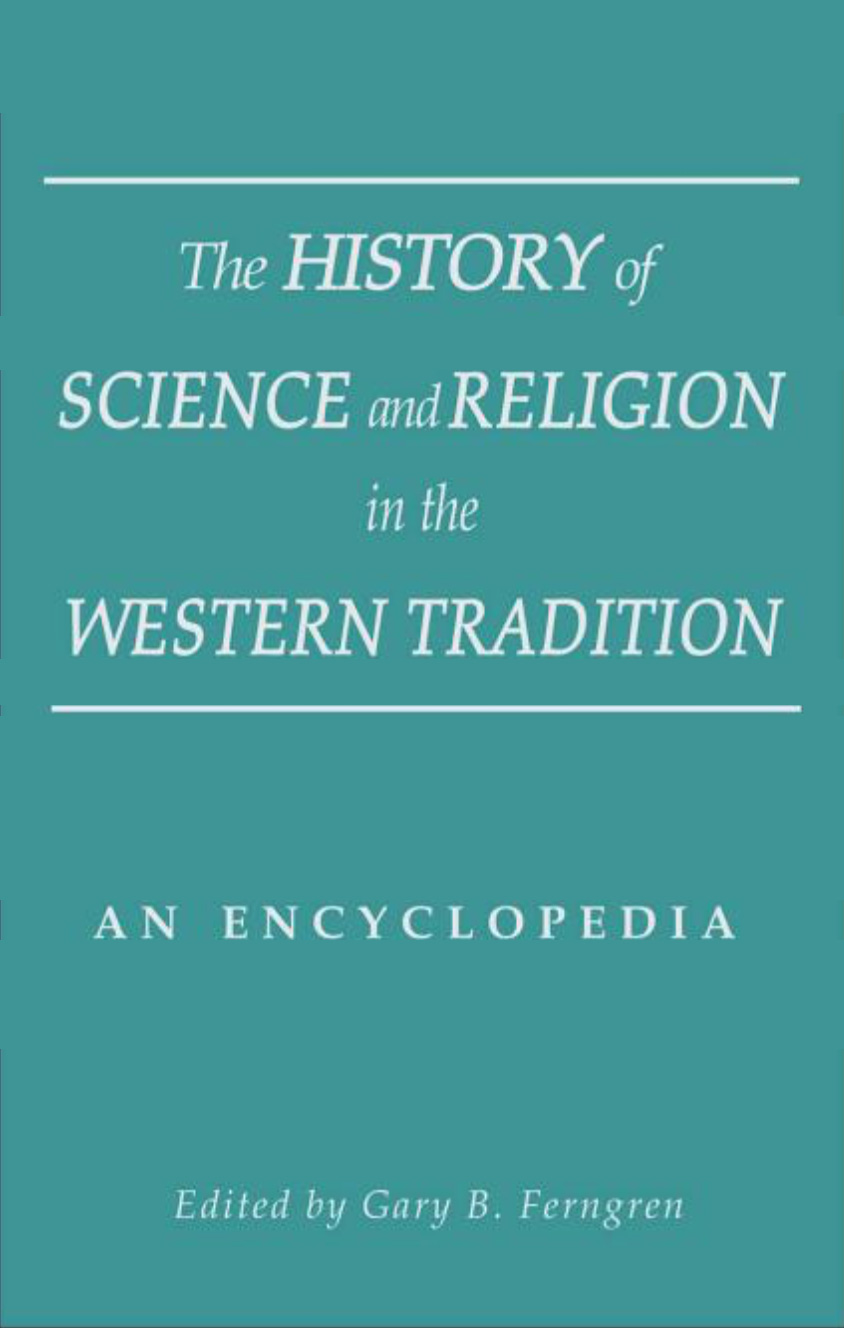
This comprehensive volume covers the history of science and religion in Western Civilization with dozens of contributions from leading scholars. Discovery Fellow Stephen C. Meyer authors the entry “The Demarcation of Science and Religion,” where he notes that some theologians have defined religion as the study of God through revelation, while science is the study of the natural world. Meyer Read More ›